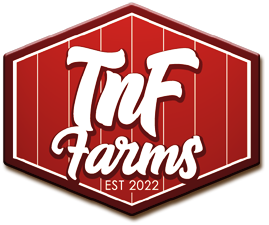Driftwood Beach on Jekyll Island
So who’s up for a little day trip? Nestled along the picturesque Georgia coast, Jekyll Island stands as a testament to the intersection of natural beauty, history, and conservation. Known for its serene beaches, moss-draped oak trees, and a rich history dating back centuries. Jekyll Island has evolved from a private retreat for the elite to a public haven for nature enthusiasts and history buffs alike. Today’s visit had us captivated by the beauty and sheer amount of driftwood on Driftwood Beach.
